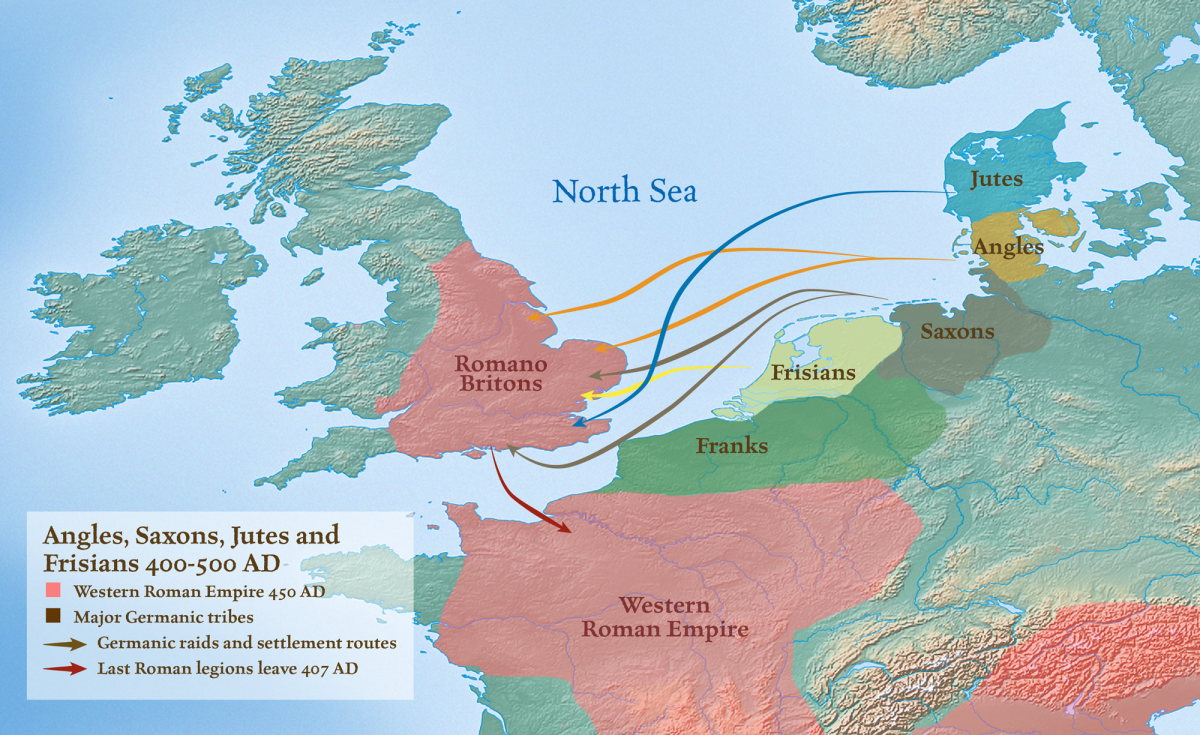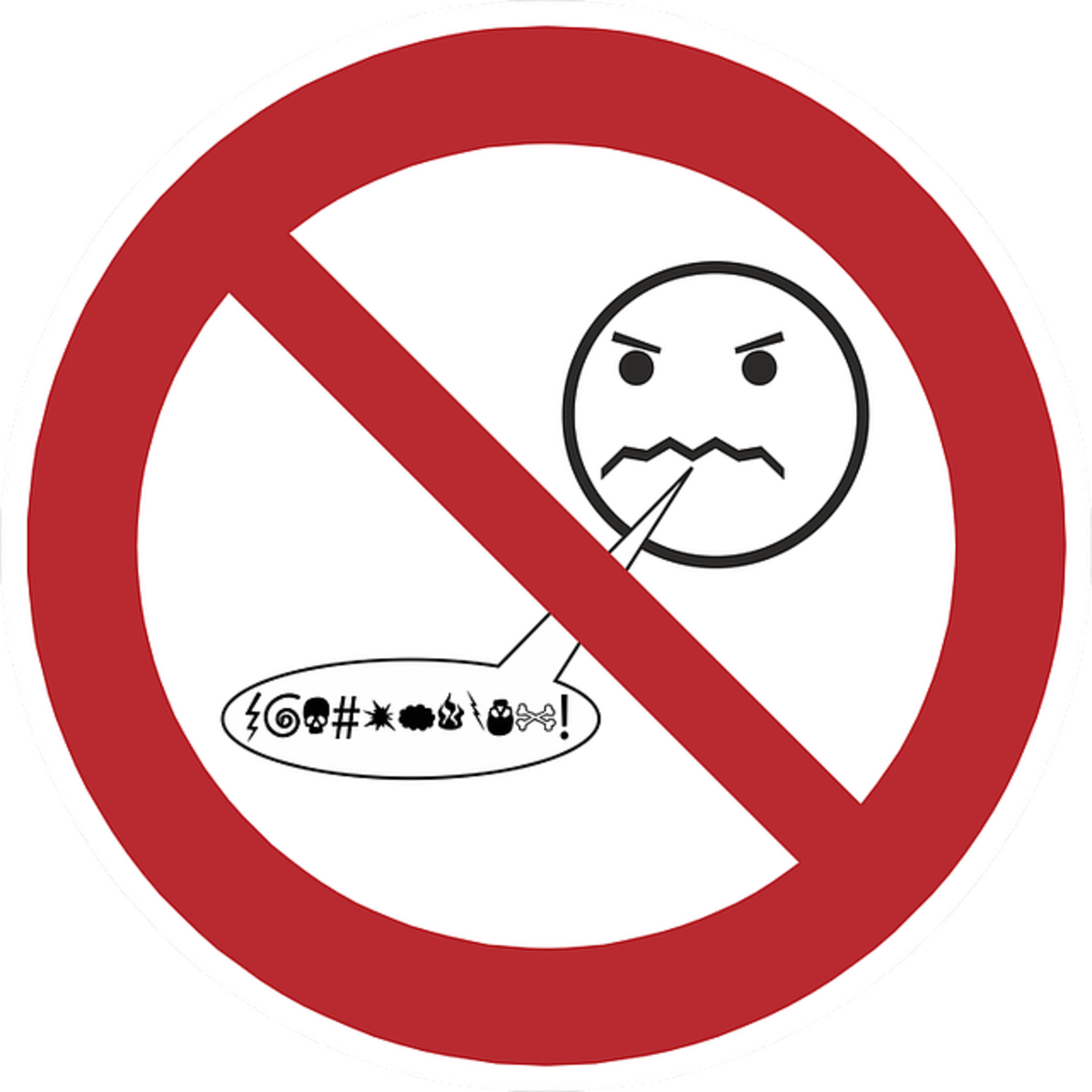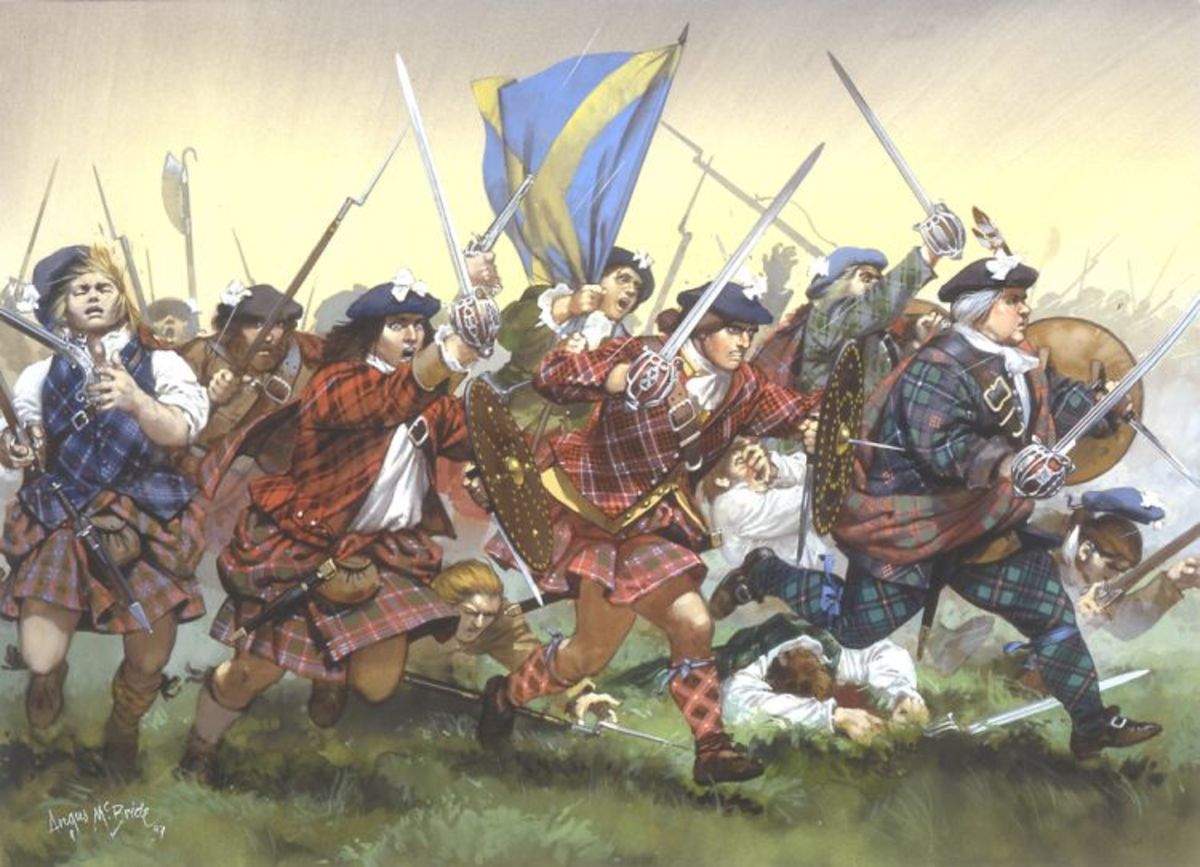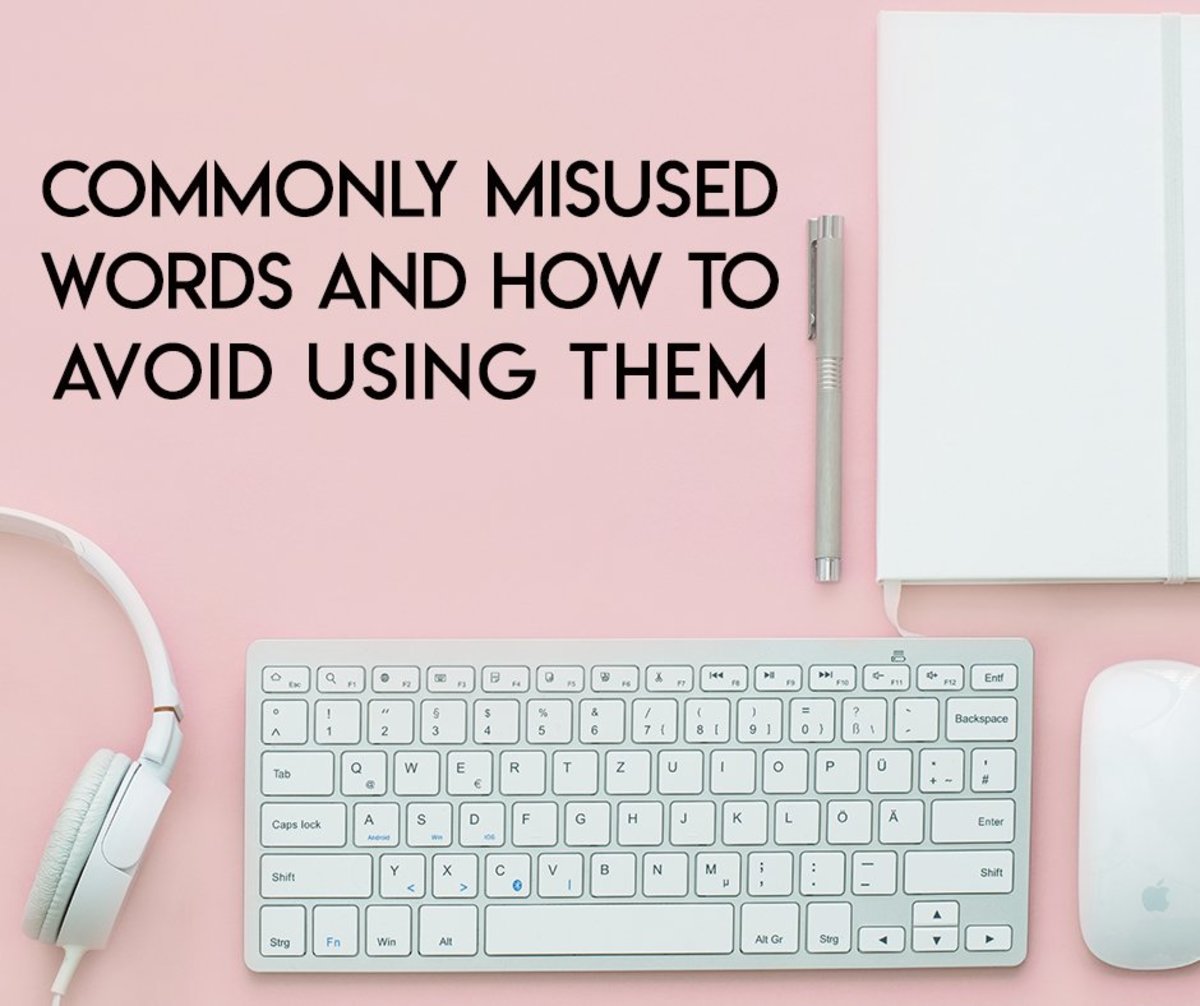English to English Translation: American vs UK Common Word Usage
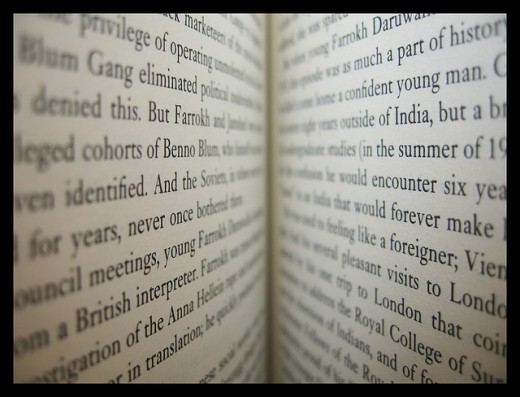
I am on a roll or is it role? Naw.......it roll. See my hub on Homophones to know what I am talking about. While I am on the subject of the English language I decided to tackle another grey area which is of grave concern to many writers online.
We often face a bit of drawback when it comes to writing for a wide cross section of audiences. I have faced such drawback and had to learn fast. I am from the Caribbean and the British version of the English language was what was taught in my day. I think it is changing somewhat because I see that the schools are using American English spelling for some words while retaining the British English rules. This is a bit confusing.
The people who live in Britain speak a certain way. They also write a certain way and some of their words are spelled differently than the way it's done in North America. I was encouraged by my HP mentors during my Apprentice program to write American English. At the time I thought it was unfair given that:
- My primary language is British (I said primary rather than native since we actually speak a dialect)
- Many of my readers come from Europe
Now it is left me to to decide how to handle grammar and spelling issues. As a freelancer I have to know both languages and must be able to deliver American English as well British English when needed by clients. Below are some common words and terms use in both British and American English.
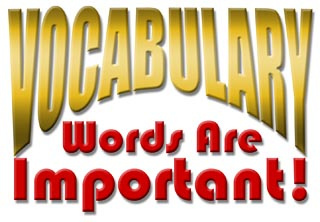
Spelling differences
British
| American
|
|---|---|
Neighbour
| Neighbor
|
Colour
| Color
|
Behaviour
| Bahavior
|
Savour
| Savor
|
Flavour
| Flavor
|
Litre
| Liter
|
Metre
| Meter
|
Centre
| Center
|
Theatre
| Theater
|
Labour
| Labor
|
Anaemia
| Anemia
|
Flouride/Flourite
| Floride/Florite
|
Gynaecology
| Gynecology
|
Haemoglobin
| Hemoglobin
|
Cheque
| Check
|
Dialogue
| Dialog
|
Monologue
| Monolog
|
Organise
| Organize
|
Honour
| Honor
|
Manoeuvre
| Maneuvre
|
Encyclopaedia,
| Encyclopedia
|
Aweful
| Awful
|
Simple spelling rules to avoid confusion
There are some rules the Americans and British follow when writing words. All you need to do is adopt these patterns when writing some words and you can't go wrong.
- re vs er words. There are some words which confuse at the end such as meter, center and liter. Follow this rule when writing. Two syllable words with the "er" sound at the end would be er American and re British. example: centre (UK) - center (US)
- ou vs o words. There are words such as flavour (UK) and honour(UK) where the American spelling confuses people like myself. The rule I follow is leave to out the u for the American spelling, hence, flavor and honor.
- ae and oe words. Words with these combinations with one sound where the other vowel is silent are British words. What the Americans have done is to drop the silent vowel. For example encyclopaedia which is British and encyclopedia is American English.
- ize vs ise endings. Strangely it is the American English which emphasizes the use of the 'z' at the end of words usually ending with 'ise'. British - apologise; American - apologize.
Writing for the internet
Whether you are a blogger, freelance writer or webmaster there is a challenge as to which version to use especially if you are neither British nor American.
Americans and the British usually stick to their own versions but the challenge is with those who are neither British nor American.
Somehow it may be easier on the writer to stick with The American spelling in order to avoid confusion. The exception goes for those in the Caribbean where CXC, GSCE, GCE are British bases learning.
What I have done is set my own guidelines based on where I am publishing (which site) and who my client is.
- If I am publishing on a content site such as Hubpages I try to write the American way. Sometimes the British English does slip by and I have to make a conscious decision to fix it. If the content site is American based then my spelling would be American. If you are British writing on an American site I see no reason not to be yourself.
- When publishing my on blogs I make my work flow more naturally so many of my posts will have the British version of the Language even though most of my audience may be American. I don't think American readers mind reading the UK version of the language so long as you are consistent throughout the article and they do understand that writers come from all walks of life.
- When writing for a client I find out where the client is from and what version of the language is preferred if it was not stated in the job description.
Differences in both American and British English
Other than the spelling there are more differences that are quite noticeable such as the type of words used, pronunciations of words and the accent on certain words. For example the word secretary is pronounced [se-cre-try] in the British version while the Americans pronounce the "a" in the last syllable.
Phrases and names of things are quite different as well. Also difference in language are phrases and exclamations. See the below table for comparison.
Just a few words and phrases
American
| British
|
|---|---|
Bar
| Pub
|
Young man
| Lad/laddy
|
Young woman
| Lass
|
Dinner
| Supper
|
Stock (soup stock)
| Broth
|
Taxi
| Cab
|
Nap
| Snooze
|
KIndergarten
| Preparotory/Basic/ Primary
|
Junior High
| High School
|
Candy
| Sweety
|
Take a bath/shower
| Have a wash
|
Sandals
| Slippers
|
Bike
| Bicycle
|
Toilet
| Loo
|
Ass
| Arse
|
Also
| As well
|
Donkey
| Ass
|
Crazy
| Barmy
|
Great/ Fabulous
| Bees Knees
|
Obvious
| Blatant
|
Gosh!
| Blow me! (sometimes accompanied by 'down')
|
Unstable
| Wonky
|
Wee or pee
| Take a wiz
|
Hi
| Watcha
|
Idiot
| Twit
|
Girl
| Totty
|
This hub will be updated as I find more words to add. There are many more but the brain seems to be out of ideas at the moment. Kindly add your words in the comments and I will update the hub accordingly. Thanks for reading.
© 2013 Carolee Samuda



